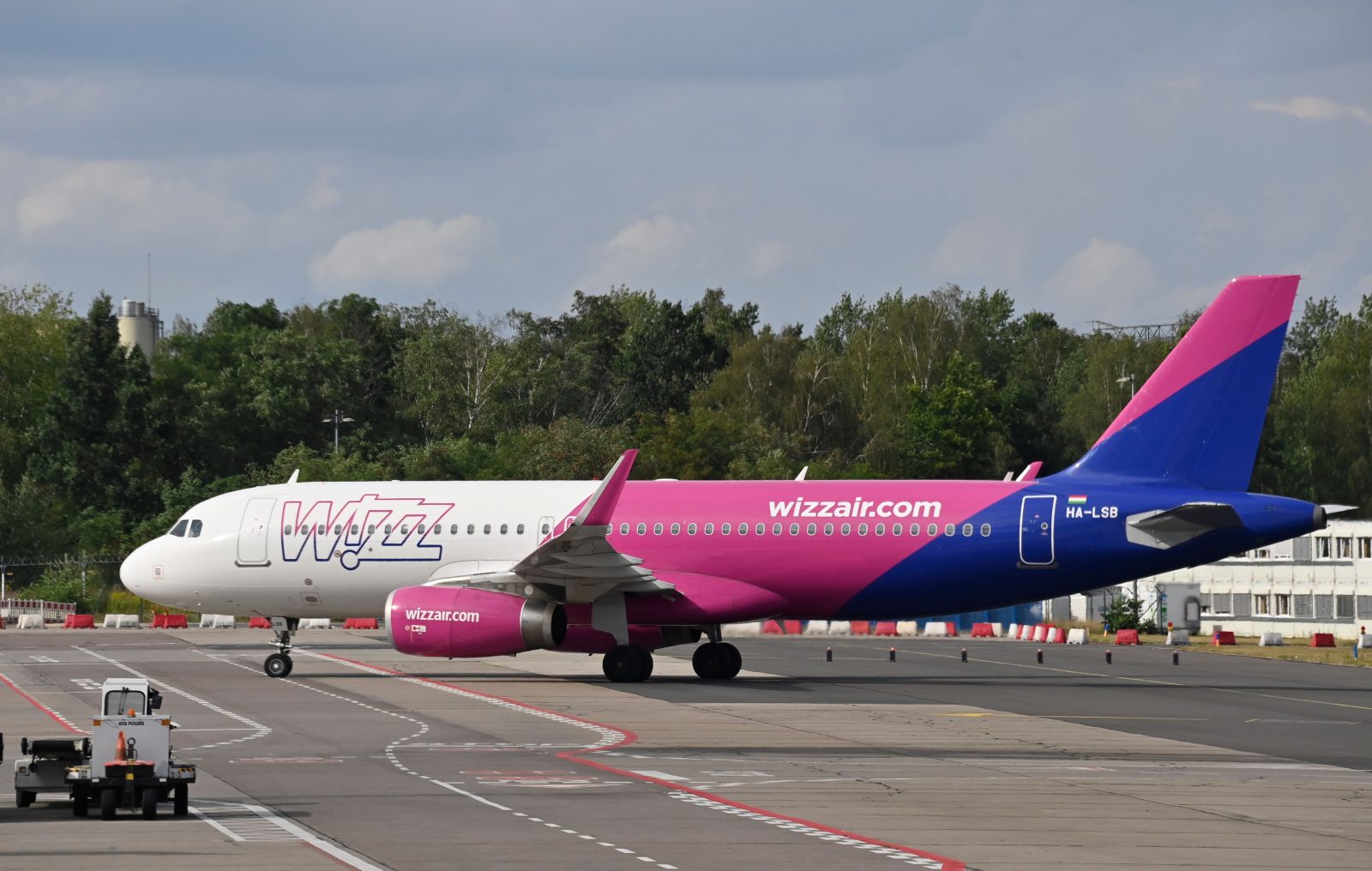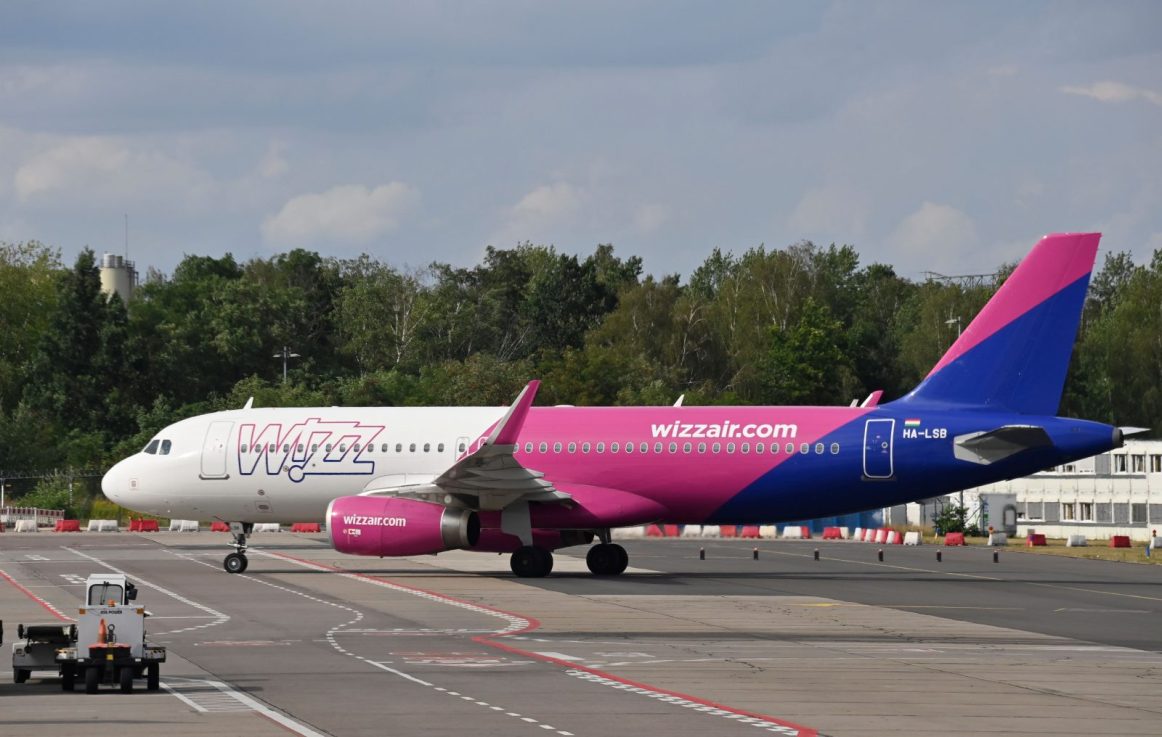Wizz Air to report bump in profits and rising ticket fares despite budget airline jitters
Analysts have forecast an operating profit of €171m (£144m) for the Hungarian budget carrier, up from last year's €79.9m.


Wizz Air is expected to report an increase in quarterly profit and rising air fares next week despite fears of an industry-wide slowdown.
Analysts have forecast an operating profit of €171m (£144m) for the Hungarian budget carrier, up from last year’s €79.9m. Pre-tax profit should come in at €136m.
Revenue is also expected to rise by 5.5 per cent to €1.31bn over the three months to July, driven by a five per cent jump in average fares.
Such an increase would be a relief for airline investors following an unexpectedly downbeat update from Ryanair last Monday.
Wizz Air’s Irish rival triggered a sell-off in a number of major airlines’ stocks after it reported a sharp dip in profit and forecast “materially lower” ticket fares over the peak summer period.
The news led some top-level executives to suggest a two year post-pandemic boom in the sector, fuelled by so-called “revenge travel,” may be coming to an end even despite soaring passenger numbers. Wizz carried around 15m passengers in its most recent reporting period, at a load factor of 91 per cent.
Concerns surrounding a tail-off in the aviation industry were somewhat lessened by a positive update from Easyjet on Wednesday, which forecast a second consecutive summer of record profit and steady air fares.
But Wizz Air’s results on Thursday will still likely leave analysts and investors unimpressed. Peel Hunt anticipate the performance will trend below the airline’s full-year net income guidance of between €500m to €600m, in large part because of ongoing disruption in Israel.
The London-listed group has been forced to slash hundreds of flights to the region since conflict erupted in October and has warned of a “ripple effect” on demand in neighbouring countries such as Jordan.
The challenges have been worsened by supply chain issues involving Wizz Air’s Pratt and Whitney-manufactured geared turbofan (GTF) engines, which have constrained capacity over the last 12 months as aircraft are recalled for inspection.
“High leverage, GTF engine disruption, and persistent route churn mean we prefer easyJet, Jet2, and IAG,” Peel Hunt analysts said in a note.
Shares in Wizz Air are down nearly 10 per cent this year to date.



